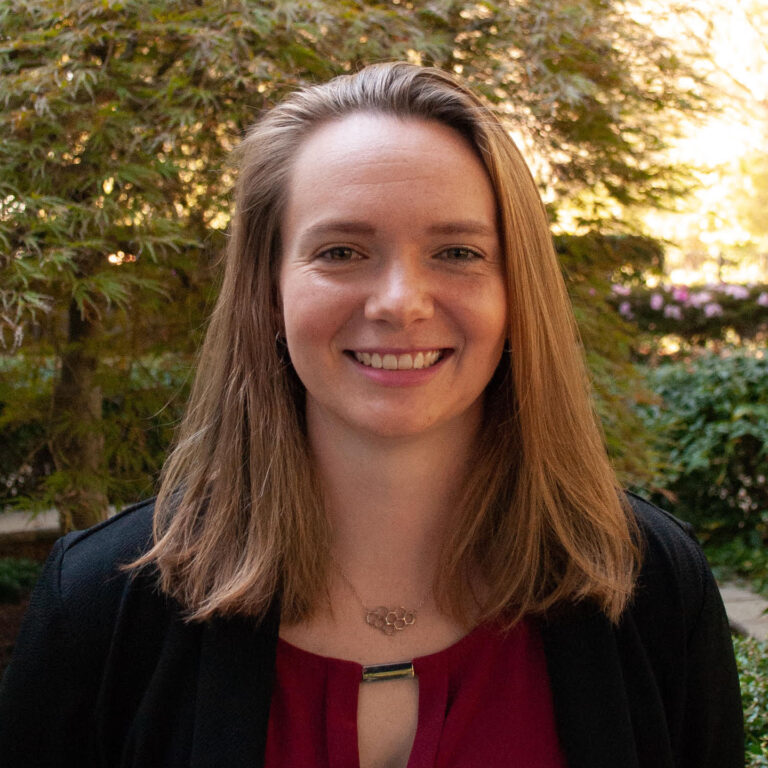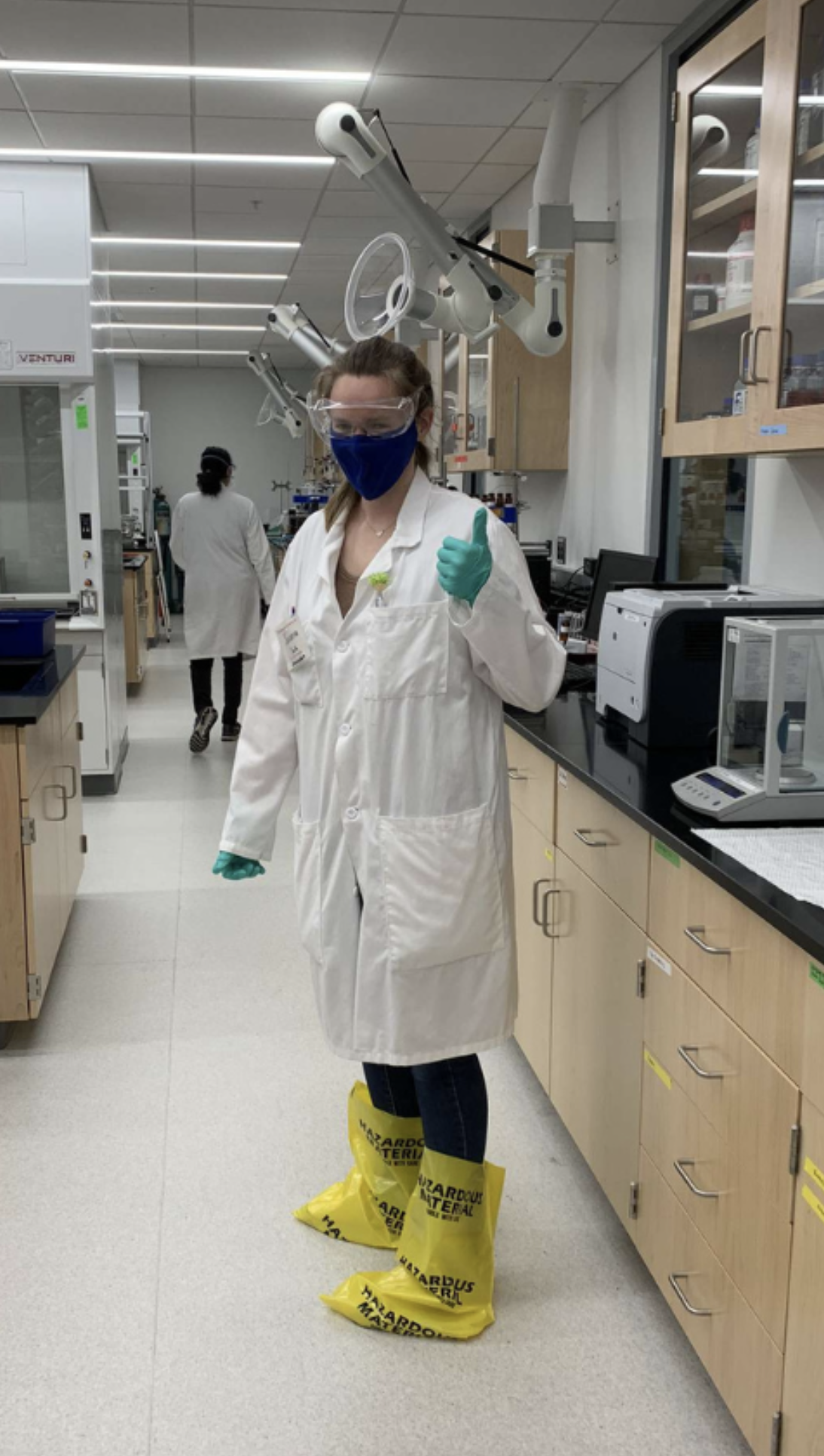
CCEE Ph.D. student Savanna Smith, advised by Glenn E. and Phyllis J. Futrell Distinguished Professor #2 Francis de los Reyes, was among six graduate students across North Carolina that recently began new fellowship projects facilitated through North Carolina Water Resources Research Institute (NC WRRI).
“I am pleased to see the extent of water research needs covered by this group of students. The results of their projects will answer important questions relating to managing the state’s water resources,” said Kaitlin Tucker, research and engagement coordinator for NC WRRI.
Smith’s project, titled “Development of an anaerobic digestion minimal microbial community and community resistance and resilience in response to perturbations,” was funded by the NC Urban Water Consortium.

Biological wastewater treatment uses microorganisms to clean wastewater, rather than chemicals. Under anaerobic conditions, microorganisms can break down biosolids into methane gas which can be reused as energy. This technology, called anaerobic digestion (AD), has become increasingly common in recent years due to its more sustainable approach. As more wastewater treatment facilities adopt AD techniques, there is a need for a greater understanding of how microbial communities respond to stress. The main goal of Savanna’s project is to better understand the community of microbes that convert leftover wastewater solids to energy so that we can more efficiently treat our wastewater.
“Clean water and sanitation are basic human rights which, unfortunately, many people lack, so a better understanding of wastewater treatment bioprocesses will help us achieve these rights for more people in a more sustainable way,” Smith said.
